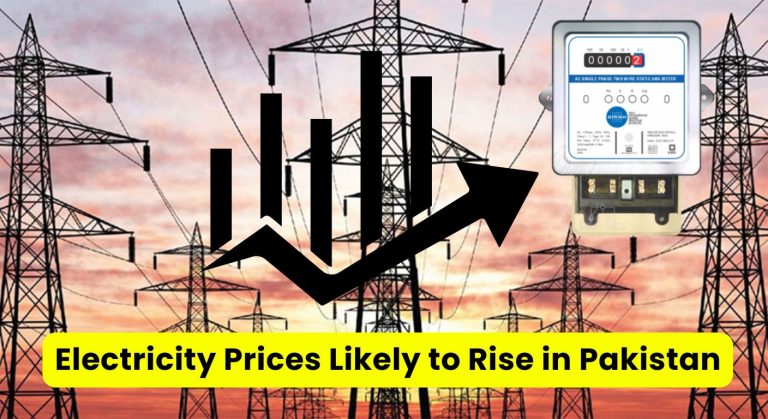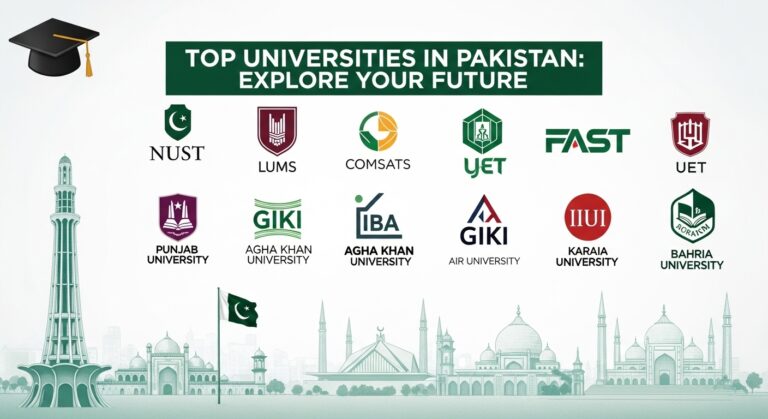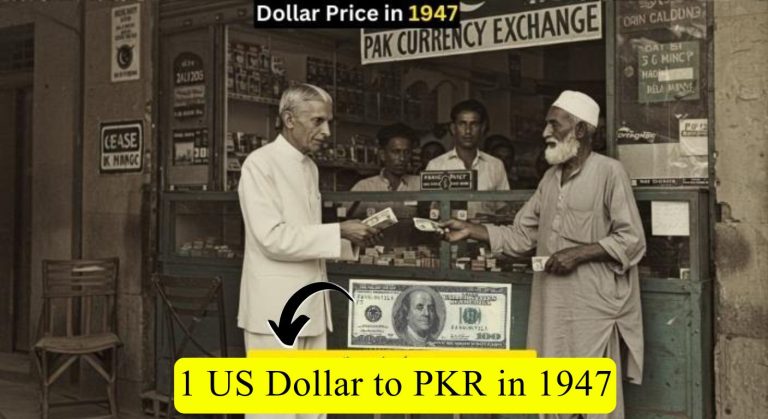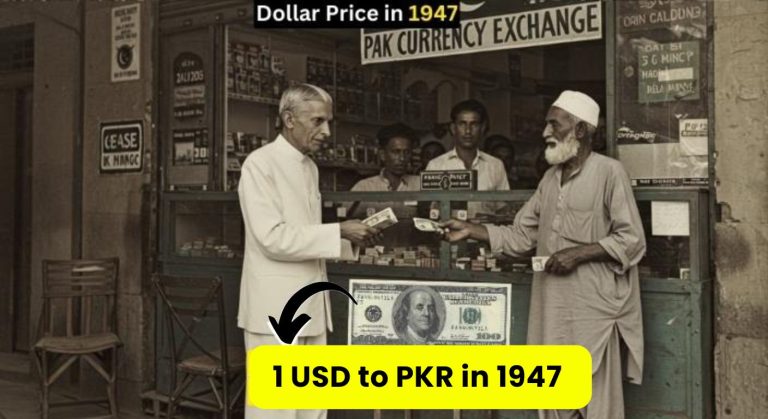Pakistan’s Mining Industry Could Grow From $2 Billion to $8 Billion by 2030: NRL CEO
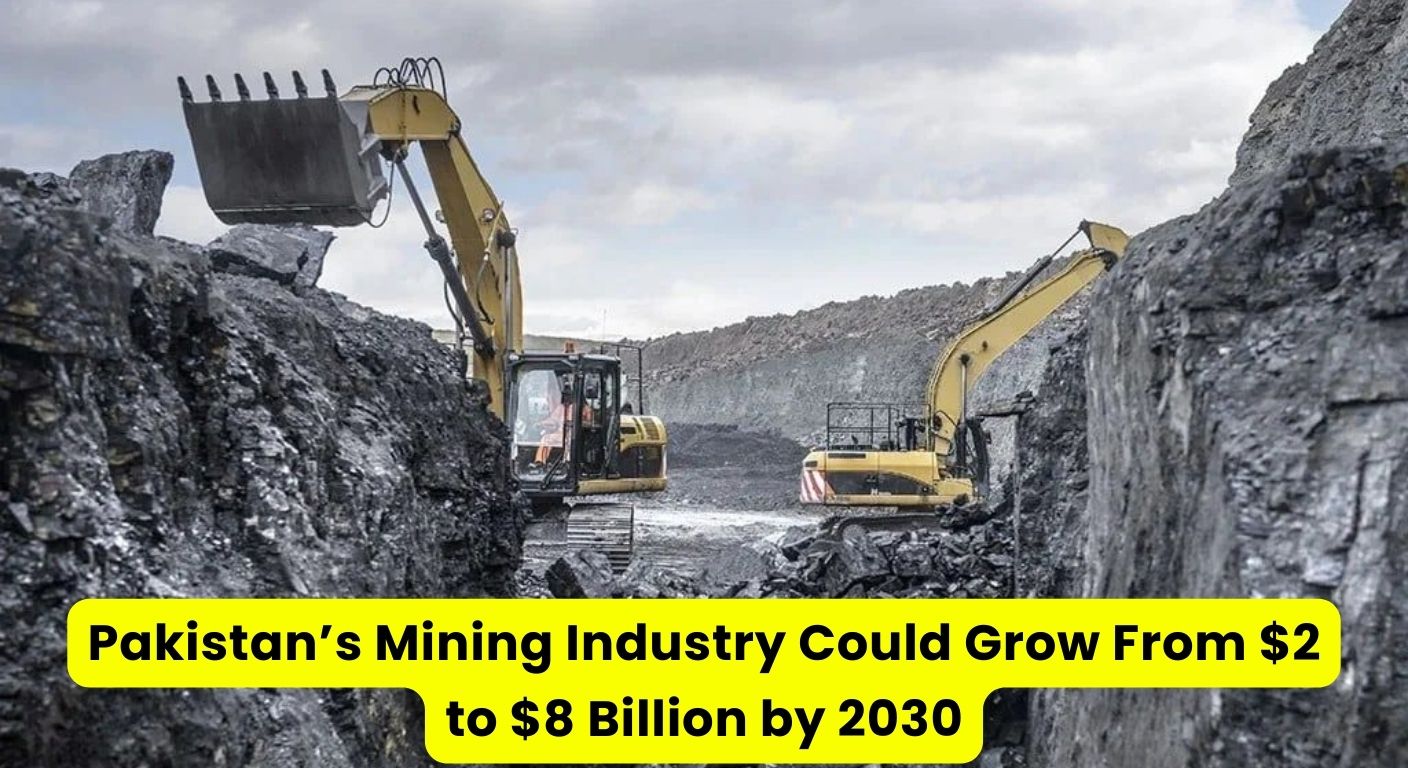
Karachi, September 2025 – Pakistan’s mining sector has the potential to become a major driver of economic growth, with revenues projected to increase from the current $2 billion to as much as $8 billion by 2030. This was highlighted by Shamsuddin A. Shaikh, Chief Executive Officer of National Resources Limited (NRL), during his keynote speech at the Natural Resources & Energy Summit 2025 held at the Pearl Continental Hotel in Karachi.
Mining Sector’s Untapped Potential
In his address, Shaikh said that Pakistan is rich in natural resources but has failed to unlock their true value. Despite having one of the world’s most resource-rich mineral belts, Pakistan’s mining sector contributes only 0.15% to global mineral production and about 2–3% to the national GDP.
He added that out of 92 identified minerals in the country, nearly 90% remain unexplored. “If we delay, others will step in. This is the right moment for Pakistani companies and investors to lead through partnerships and joint ventures, creating wealth and jobs at home,” Shaikh said.
Major Ongoing and Future Projects
Shaikh highlighted several large-scale projects already in development. Among them is Reko Diq, one of the world’s largest copper and gold mines, which alone could generate $4–5 billion annually once fully operational. Other projects include:
- Siah Diq: Estimated revenue potential of $1–2 billion annually.
- Thar Coal Expansion: Could contribute $200 million per year.
- Barite, Lead, and Zinc Projects: Around $100 million annually.
Together, these ventures are expected to add billions of dollars to the national economy within the next five years. Beyond 2030, exploration in the Chagai region could generate an additional $5–10 billion annually, especially through copper and gold reserves.
Responsible Mining for Social Impact
Shaikh emphasized that mining is not only about economic gain but also about social development. If managed responsibly, mining can bring jobs, housing, healthcare, and education to remote and underdeveloped areas of Pakistan. “This is an opportunity to transform entire regions and uplift communities,” he noted.
Support from the Insurance Sector
Hassan R. Muhammadi of Fidelity Insurance Brokers called mining and energy “engines of growth” that create jobs and strengthen energy security.
He added that the insurance sector is prepared to back investors through risk management solutions, encouraging both foreign and local investment in mining and energy projects.
Khurram Ali Khan, CEO of Fidelity Insurance Brokers, echoed this view, saying that billion-dollar projects cannot survive without proper safeguards. “In uncertain environments, insurance provides the safety net that keeps projects moving forward and investors confident,” he explained.
Industry Leaders See Wider Benefits
The summit also featured Muhammad Sohail Tabba, Chairman of Lucky Cement and Lucky Core Industries, who pointed out the wider socio-economic benefits of mining. He stressed that Pakistan’s rural areas, where many resources are located, could see rapid development if investments are paired with education, skills training, and infrastructure.
“Developing these natural resources while investing in people can bring prosperity, stability, and even peace to areas that have been neglected for decades,” Tabba said.
Challenges and Risks
While the opportunities are vast, experts at the summit also warned of significant challenges. Issues such as policy inconsistency, governance problems, climate risks, and lack of skilled manpower could undermine the sector’s growth if left unaddressed.
They emphasized that Pakistan must adopt modern technology, innovation, and transparent regulatory systems to attract global investors. Advanced tools like artificial intelligence can improve efficiency and minimize environmental impact.
The Summit’s Broader Theme
The Natural Resources & Energy Summit 2025 was organized under the theme “Powering Progress: Risk, Resilience, and Innovation in Energy and Emerging Resource Sectors.” The event brought together government officials, CEOs, insurers, investors, and international experts to discuss how mining and energy could become central pillars of Pakistan’s economic revival.
Sessions focused on risk management, investment models, and sustainable practices, underlining the role of the private sector alongside government initiatives.
“This Is Pakistan’s Moment”
In his concluding remarks, Shaikh urged both the government and private investors to act without delay. “With the right policies and local investment, Pakistan’s mining could grow into a $10B industry driving progress and pride.”
Outlook
With global demand for minerals like copper, gold, and rare earths expected to rise in the coming years, Pakistan is strategically placed to benefit. Experts believe that if the country can overcome governance and policy hurdles, the mining sector could not only strengthen the economy but also transform underdeveloped regions socially and economically.



